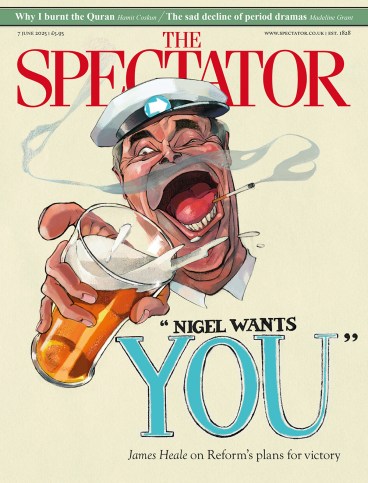
On 30 April, the solicitors Mishcon de Reya asked me to join a panel commemorating the 25th anniversary of the High Court trial in which David Irving unsuccessfully sued Deborah Lipstadt for calling him a Holocaust denier. Deborah was there, alongside her lawyer, Anthony Julius. Irving’s anti-Semitism had a particular purpose. Postwar, the chief obstacle to restoring the ideas of Adolf Hitler was what happened to the Jews. If their genocide could be denied, fascism could be rehabilitated. For the occasion, I prepared a list of the 16 principal characteristics of fascism which I take to be: 1) Exploitation of historic grievances 2) Frequent resort to states of emergency 3) Rule by executive order rather than by assembly 4) Disempowering of the judiciary 5) Attacks on the media 6) Threats to annex territory 7) Constant blaming of an enemy within 8) Insistence that the leader is above the law 9) Assaults on higher education and universities 10) Withdrawal from international organisations 11) Extreme nationalism 12) Elevation of the heterosexual family 13) Obsession with birth rates 14) Impassioned denial of historical truth 15) Persecution of particular racial groups and 16) Attacks on cultural institutions. With Donald Trump planning to turn the Kennedy Center in D.C. into his very own Bayreuth, we can surely say he is returning a full score card.
Theatre is normally the most uneven of art forms. You must sit through a few bad plays to discover a good one. But, for me, 2025 has been unusual. Everything I have seen is good. I had already caught Mark Rosenblatt’s Giant before I saw Howard Brenton’s lovely play about Churchill and Stalin. Then came Kyoto, centred on the 1997 climate conference; An Interrogation, by a new writer, Jamie Armitage; the brilliantly directed opera of Festen; and Robert Icke’s Manhunt, an evening investigating Raoul Moat. Most original of all, Self Esteem staged her new album A Complicated Woman at the Duke of York’s, in an evening which blazed with energy and warmth. Now I have to be super-careful. We have reached June, and the aim is to get through 12 months without a dud.
On television, I’m enjoying the Netflix show Sirens, with Julianne Moore. It joins that fashionable genre – The White Lotus and Big Little Lies, for example – in which the rich are both satirised and gloated over at the same time. Does it spoil the enterprise to know that the show is likely made by people who travel first-class themselves? I found Succession tedious as it went on because there was no hatred and no politics. Satire’s not interesting without them. Both Evelyn Waugh and Marina Hyde are rank with contempt, whereas the Succession team didn’t hate Rupert Murdoch. They just shrugged, as if he were the way of the world. A rival series, The Loudest Voice, about Murdoch’s pet Fox TV monster Roger Ailes, was far more entertaining, because the film-makers really did loathe their subject. Critics will always claim that drama is better when it’s even-handed. But would The Diary of Anne Frank be a stronger play if occasionally it showed things from the Nazis’ point of view?
Hampstead Heath, a mud track during Covid, is reborn, thanks to its amazing gardeners. But lately it’s become the metropolis of disapproval. Joggers, cyclists, dog-walkers and swimmers all publicly correct each other. It’s like a parade ground for conscripts to the middle-class. The other day, walking my dog, I let him go up to another for a sniff. The owner was furious. ‘Don’t you know that’s the worst way for dogs to meet?’ How does he do it, then? Have them round for tea? At home, I’d already been tongue-lashed by a dog-trainer who ended our session by telling us that we were the wrong kind of owners for Quincy. Naturally, I felt rebuked, whereas my wife just said: ‘Let’s get a new trainer.’ It reminded me of my friend John Osborne, who was told by his doctor that if he didn’t stop drinking, he’d die. I asked him what he was going to do. ‘Get a new doctor,’ said John.
I’m in rehearsals again with Ralph Fiennes. In other words, I swim daily in silk. A new play in Bath will be the ninth time we’ve worked together. When Ralph picks up the script, he can read it as though it were a piece of music. After the pandemic, he felt so passionate about reopening regional theatres that he went round the country presenting Four Quartets. He called me in because four lines of the poems are completely incomprehensible. I couldn’t help. Nor could the real expert, Craig Raine. Nor, I suspect, could T.S. Eliot, were he around. Ralph had to cut them – you can’t say things you don’t understand – but after months of touring, Ralph was still in his dressing room trying those four lines this way and that, in the hope of restoring them. That’s part of his greatness.









Comments